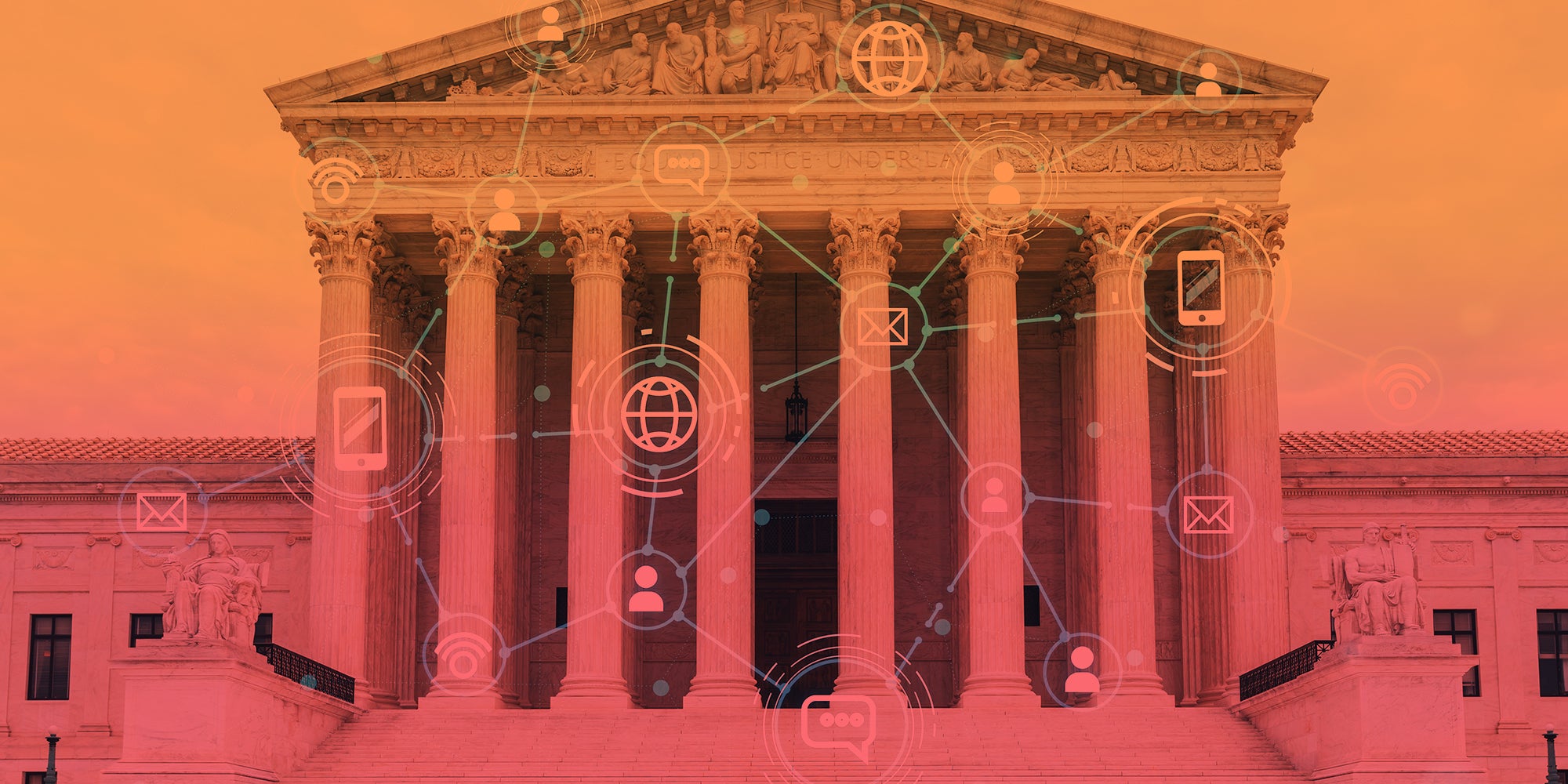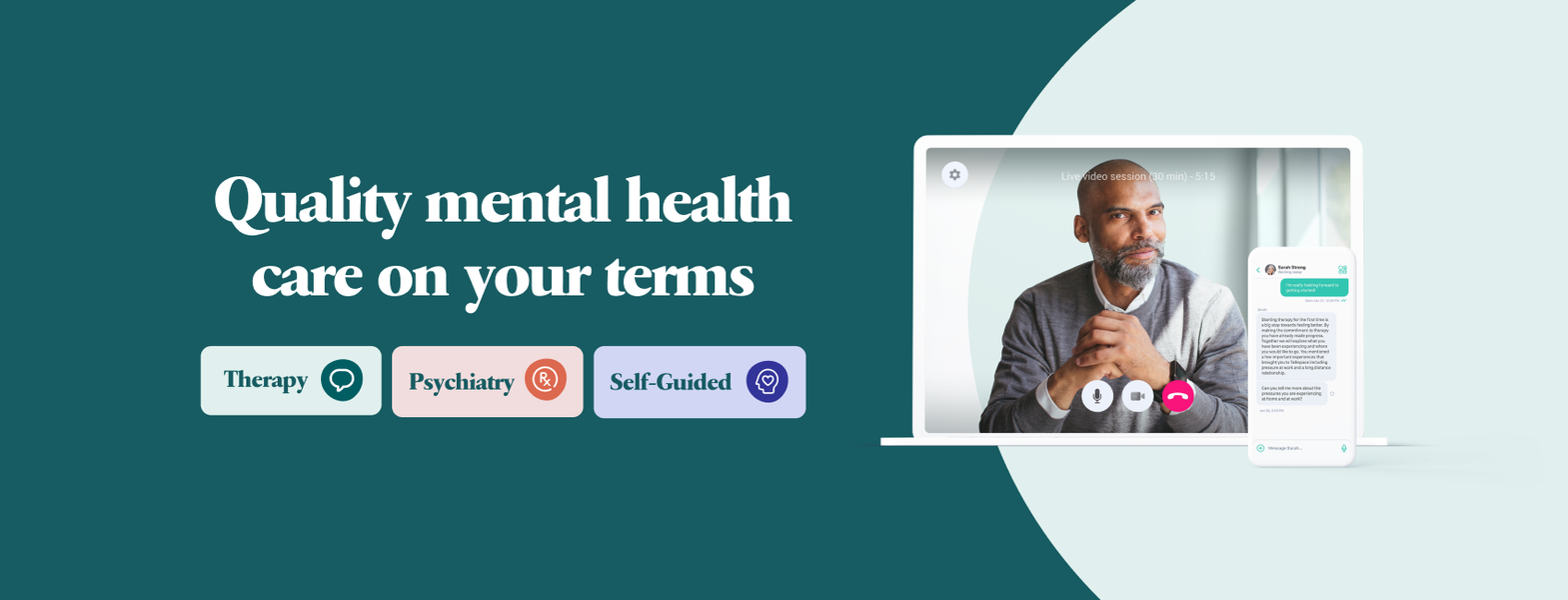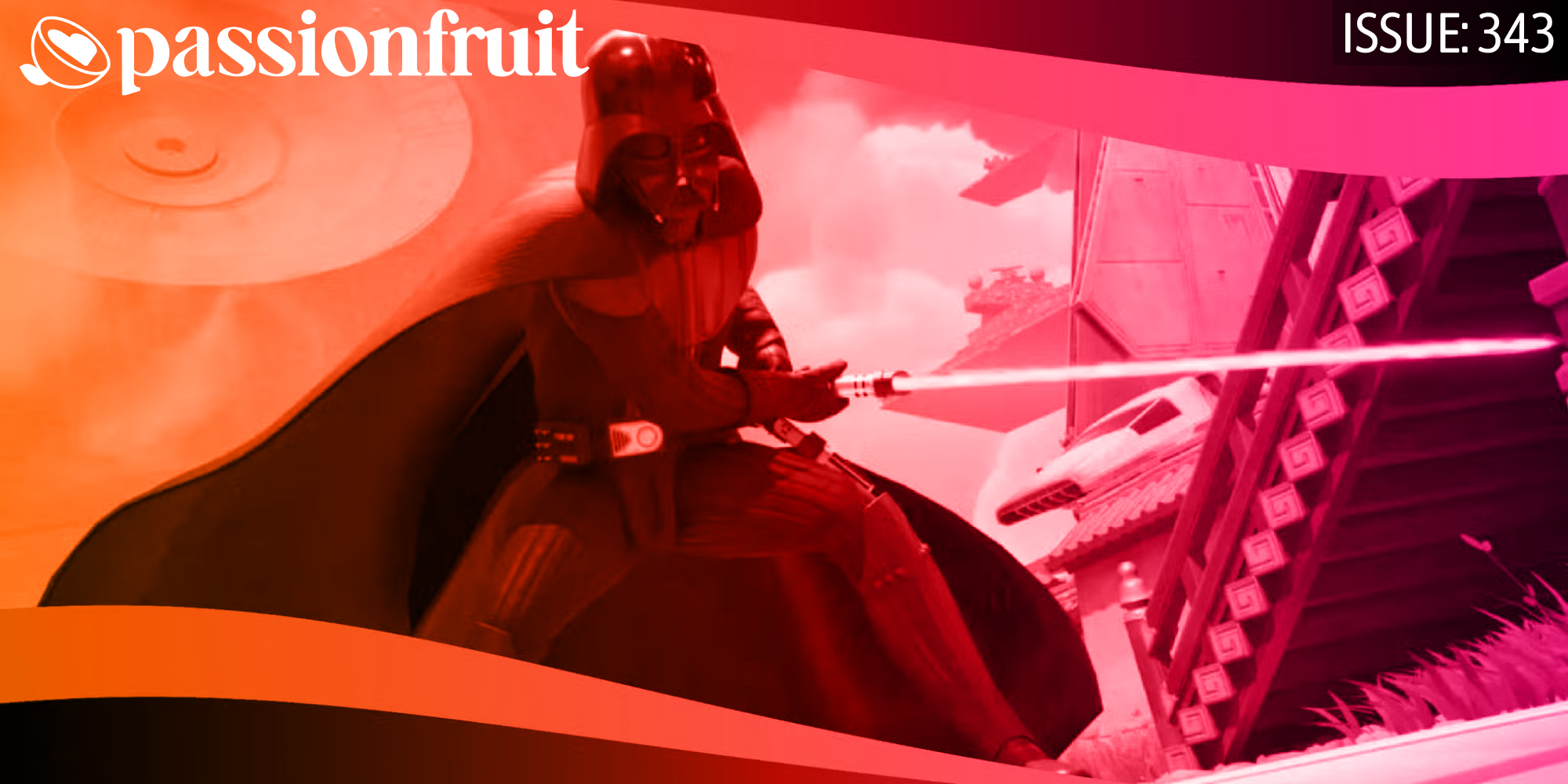CREATOR NEWSLETTER
Issue #215 | February 27, 2024
THE COMMENTS SECTION
“So for the people who think I’ve made 80-something-thousand, a hundred thousand, three hundred thousand — I am so sorry to disappoint you, but the actual number is nowhere near.“
— Creator Reesa Teesa on TikTok.
– Grace Stanley, Deputy Editor
PERSONALITIES
Freedom to Tweet or Freedom to Delete?
The Supreme Court is considering the legality of social media bans.
By Charlotte Colombo, Passionfruit Contributor

IN THE BIZ
- Roblox increased its creator payouts to $741 million in 2023, significantly up from the previous year.
- Flip, a new short-form review platform, aims to disrupt influencer-driven e-commerce by taking on TikTok and Yelp.
- Sora, OpenAI’s new text-to-video model, has sparked fear among creators and filmmakers related to job losses and the need for AI regulation in the video industry.
PERSONALITIES
Taylor Lorenz on THAT Viral Interview with LibsofTiktok
On a sunny Wednesday afternoon at a cafe in Studio City, two internet forces sat down for an hour-long discussion.
By Steven Asarch, Passionfruit Contributor
PLATFORMS
Turkey Bans Twitch in Anti-Gambling Crusade
Creators are devastated after Turkey’s government banned Twitch.
By Charlotte Colombo, Passionfruit Contributor
JOB BOARD
- YouTube group Dude Perfect is looking for a content producer.
- Independent journalist Johnny Harris is looking for a business and growth strategist.
- Gaming video essayist RoboKast is looking for a video editor and screenwriter.
YOUTUBE MADE ME DO IT

Copyright © 2024 Passionfruit, All rights reserved.
You are receiving this email because you signed up to get the latest tips, tricks,
and trends in the creator economy from Passionfruit.
Have an idea for our next big story or want to get featured? Email us at tips@passionfru.it
Don’t want to hear from us anymore?
Click here to unsubscribe
To view in your browser click here






